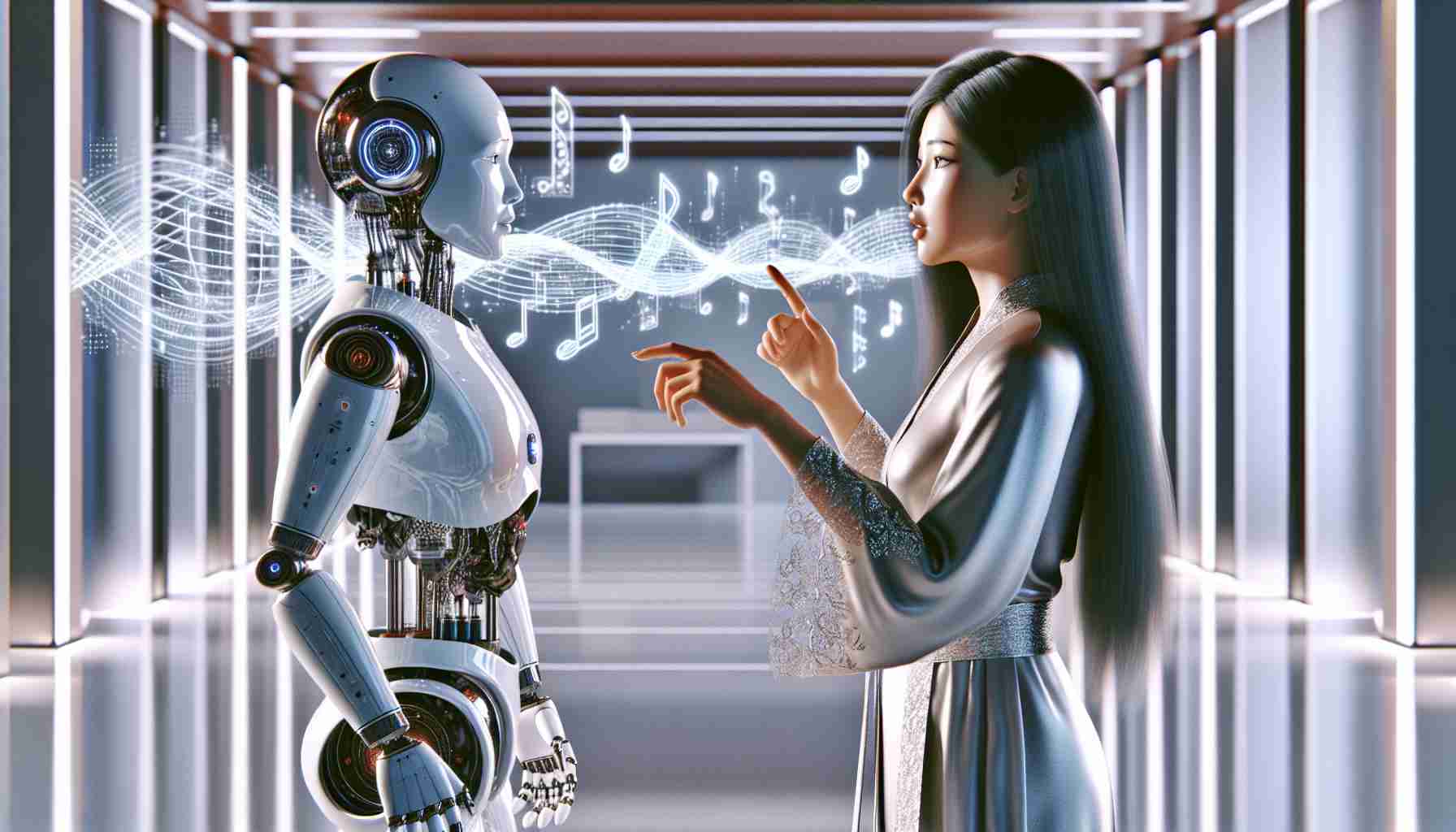Artificial Intelligence and Its Impact on the Voice Industry
Artificial Intelligence (AI) has woven itself into the fabric of our professional and personal lives, affecting a wide array of fields, including those involving creative vocal work such as voice acting and singing. However, amidst the rise of AI models that can convincingly replicate human voices, professionals such as Patrick Khatrao, a voice coach and head of the Golden Voice Academy, remain unperturbed about the technology posing any serious threat to their professions.
Khatrao points out that, while speech AI applications like voice.ai can imitate human voices with remarkable accuracy, there is something irreplicably human about a professional voice talent’s work. AI-generated audio may have been around for years with companies like Google developing text-to-speech technologies, yet the latest AI voices still lack the human touch—a vital ingredient in the recipe of a voice artist’s craft.
Artisanal Value vs. Machine Production
The vocal arts industry recognizes the uniqueness of human artistic endeavors, much like the preference for a handmade pizza over a factory-made frozen one. The human touch brings passion and commitment that cannot be recreated by an AI. Such personal nuance is what sets apart real human voices from synthesized ones, despite how advanced AI has become.
Voice Artists and the Unmatched Human Element
While AI may modulate voice pitches and inflections, it fails to authentically reproduce the subtle and natural nuances of human breathing and emotion in speech. It is this energy that a real person brings to a recording, forging a connection that cannot be emulated by machines.
The Unlikely Replacement of Vocal Artists by AI
Considering all these perspectives, the displacement of professional voice actors and singers by AI seems improbable. Even in studios where AI plays a significant role or voices are heavily modified, the initial recordings and finishing touches are executed by humans, whose performances and directions lend authenticity to the production.
Voice artists thus need to focus on creating value beyond what AI can offer. Effective use of their voices and smart self-marketing ensure that they have nothing to fear from speech AI systems. Aspiring voice actors and singers can look to experts like Patrick Khatrao for training and guidance to cement their place in the industry.
Advantages of Human Vocal Artists in the AI Era
One of the key advantages of human voice artists is the emotive and expressive power they bring to performances. While AI vocal systems can replicate tone and clarity, they cannot yet encapsulate the emotional depth and creativity of the human experience that comes through in our speaking and singing. Human voices convey empathy and can dynamically adjust to feedback in real-time which is integral in mediums like live theater, radio, and interactive gaming, where spontaneous reactions are essential.
Another advantage is the human capability for improvisation and personalization. AI systems, even learning ones, operate within certain parameters, whereas human artists can bring instinctive changes to a performance that resonate more deeply with an audience. Voice artists can also offer linguistic nuances, cultural inflections, and accents that AI is still struggling to perfect.
Key Challenges and Controversies
The primary controversy revolves around the potential for AI to displace human jobs in the voice industry. As the technology continues to advance, there is concern that AI could reduce opportunities for voice actors and singers, especially in industries that might prioritize cost-saving measures over the art of voice work. Another challenge is the ethical concern over consent and rights; for instance, when AI is used to simulate the voice of a person without their permission.
Disadvantages of AI in Voice
AI-generated voices can often come across as flat or emotionless, failing to engage listeners in the same way human performers can. There is also the significant disadvantage in terms of the loss of cultural diversity and personality in voices, as AI voices may lean towards homogenization. Moreover, there is a concern with deepfakes and the misuse of synthesized voices in perpetuating fraud or misinformation. The regulatory framework to address these issues is still developing, lagging behind the pace of technological advances.
For those looking to explore more about AI’s role in our daily lives and its ethical implications, relevant links include:
– American Civil Liberties Union (ACLU)
– WIRED
In Conclusion
The discussion about the place of human voice artists in the age of AI spans various levels – from technological innovations and their limitations to the emotional depth and cultural richness that only human performances can provide. It also involves dealing with the logistical and ethical challenges presented by AI technology. Nonetheless, while AI will continue to grow and find its place in multiple industries, the unique human touch that vocal artists bring to their work is likely to remain invaluable and irreplaceable for the foreseeable future.

